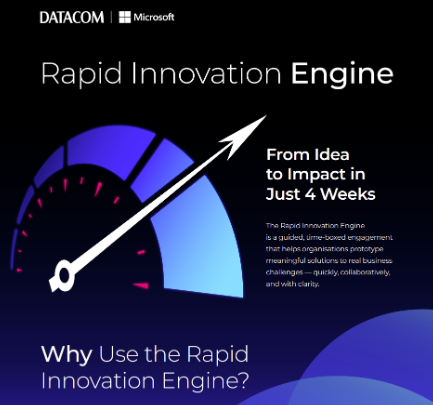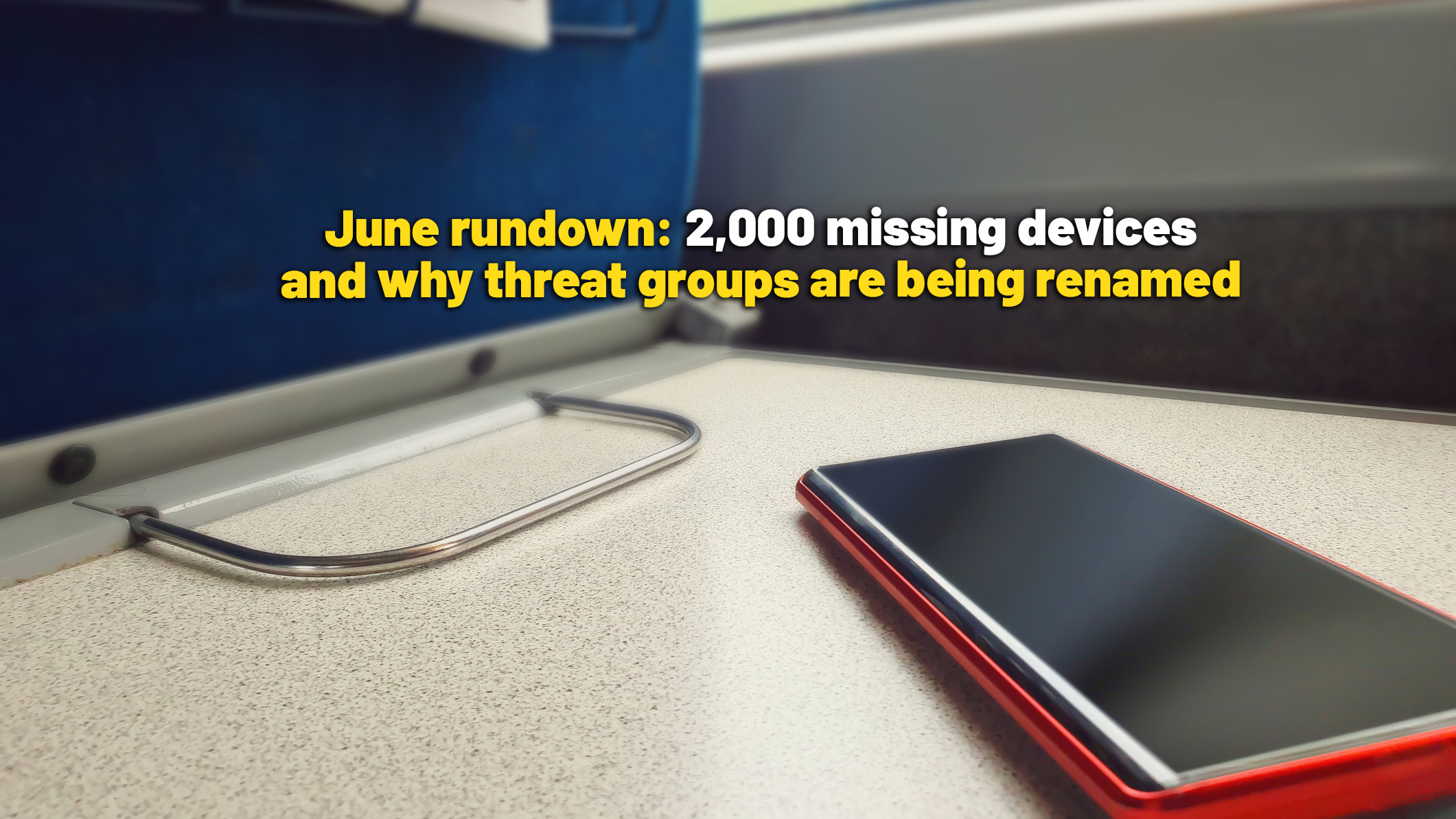HP reaffirms commitment to Itanium and HP-UX
Exec reacts defensively to speculation that HP might drop specialist Intel processors.
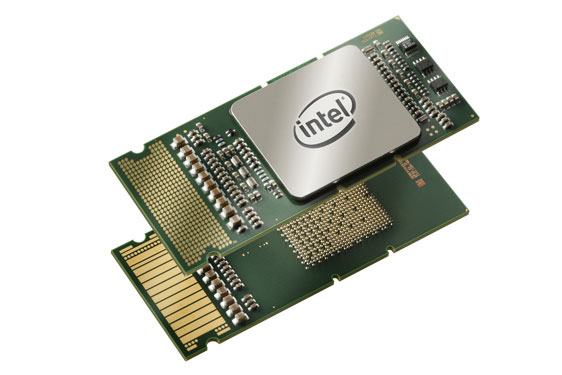
Fink also reiterated HP's critical stance on Oracle dropping support for Itanium. "They're basically trying to force customers onto the SPARC platform which we believe, and the analysts agree, is an inferior platform. They're forcing customers to make a change they don't want."
Mark Payne, another Senior Vice President in the Business Critical System Unit, told us he still stood by his statement earlier this year when he said Oracle's abandonment of Itanium 'forces customers to buy an inferior hardware platform and drive lock-in'. According to Payne "even last week's Project Odyssey announcement reinforces our position in the industry to offer customers more choice so we're saying we won't force you to migrate."
Unsurprisingly, Payne also refuted any suggestion that HP wasn't backing Itanium. "We have thousands of customers around the planet that run their mission critical environments on HP-UX 11i v3, on OpenVMS and our Nonstop OS. We will continue to invest in those operating systems... Everything we do is built around investment protection. So, at an OS level we continue as is so our customers should be reassured that's the case. From Intel we have their ten year roadmap [for Itanium]. Therefore what the new announcement has just done, for customers who have decided for whatever reason to move to our Windows or Linux-based environments, that we want to offer them the exact same mission critical functionality."
Project Odyssey may offer Itanium customers choice but the most obvious and telling choice is to leave Itanium behind and no amount of spin from HP can change that.
Despite the forthright defence of HP's commitment to Itanium from Fink and Payne, we remain sceptical over Itanium's long-term future and whether it will remain competitive with mainstream X86 processors. Putting aside the public feud between HP and Oracle since the ousting of HP CEO Mark Hurd, HP's frank criticism of Oracle comes across as insecure, excessively negative and defensive, as does the company's antitrust complaint to the EU.
Project Odyssey, which makes it easier for existing Itanium customers to move to cheaper Intel Xeon-based systems, was announced shortly after the revelation that HP have a secret contract with Intel to ensure continued Itanium development. Project Odyssey may offer Itanium customers choice but the most obvious and telling choice is to leave Itanium behind and no amount of spin from HP can change that.
The very nature of Odyssey and the timing of its announcement only fuels speculation that the only reason Intel hasn't canned Itanium is because of its contract with HP. As large and as influential as HP is, we have our doubts that Intel will devote its best engineering minds, resources and finances to developing a processor architecture used by only one company, contract or no contract. The long, slow death of Itanium begins here.
Sign up today and you will receive a free copy of our Future Focus 2025 report - the leading guidance on AI, cybersecurity and other IT challenges as per 700+ senior executives
-
 ‘DIY’ agent platforms are big tech’s latest gambit to drive AI adoption
‘DIY’ agent platforms are big tech’s latest gambit to drive AI adoptionAnalysis The rise of 'DIY' agentic AI development platforms could enable big tech providers to drive AI adoption rates.
-
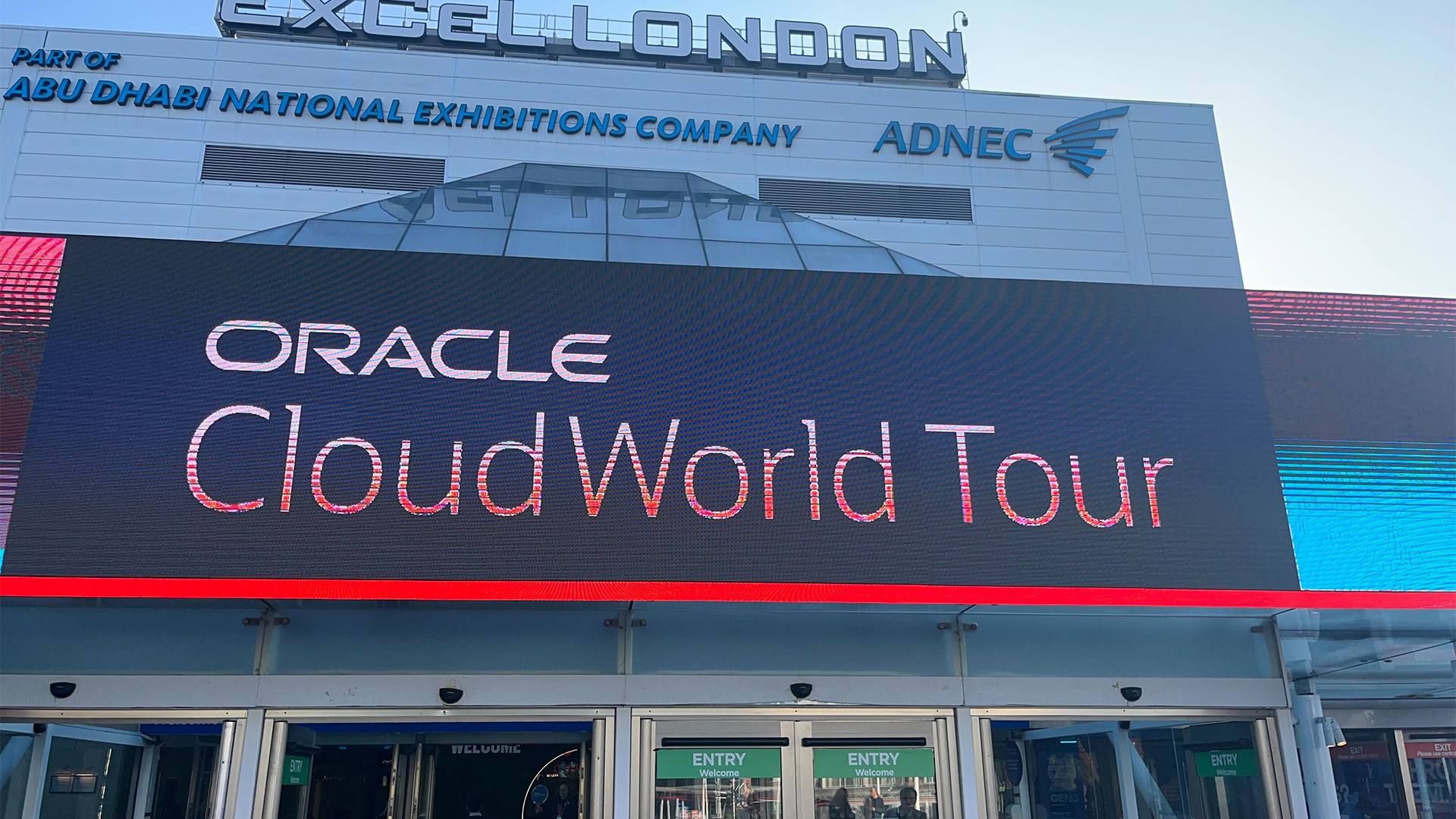 AI agent announcements are a dime a dozen right now – here’s what Oracle thinks it’s doing differently
AI agent announcements are a dime a dozen right now – here’s what Oracle thinks it’s doing differentlyNews Oracle’s latest foray into the world of AI agents will leverage the firm’s strength in infrastructure and come at no additional cost to users.
-
 Gaining timely insights with AI inferencing at the edge
Gaining timely insights with AI inferencing at the edgeWhitepaper Business differentiation in an AI-everywhere era
-
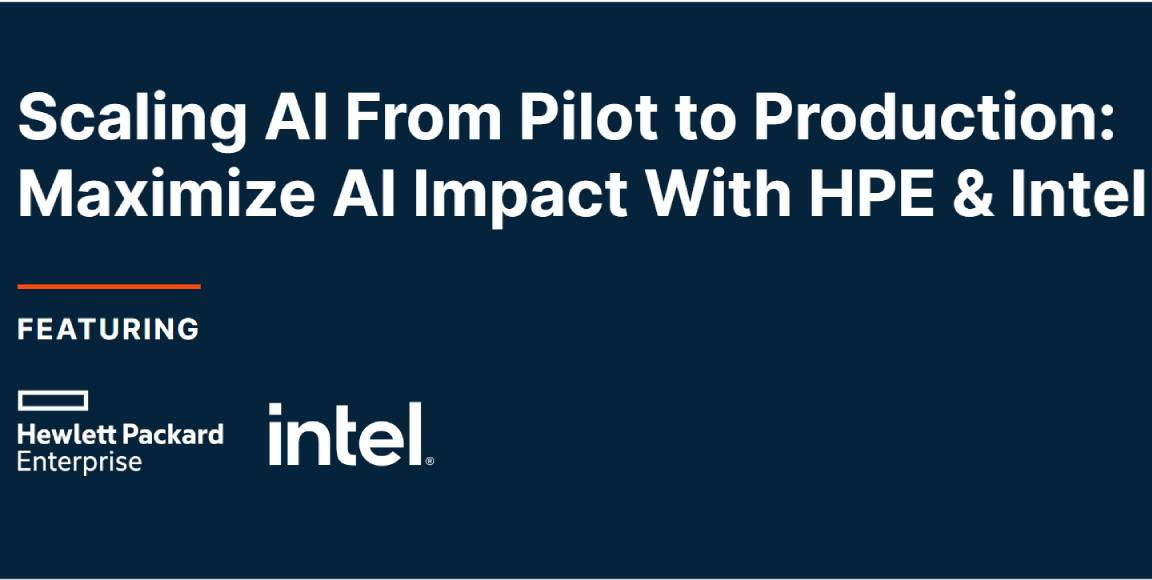 Scaling AI from pilot to production: Maximize AI impact with HPE & Intel
Scaling AI from pilot to production: Maximize AI impact with HPE & IntelWhitepaper Transform AI proof-of-concepts into full-scale implementations
-
 Oracle bets on vector search capabilities to drive enterprise AI value
Oracle bets on vector search capabilities to drive enterprise AI valueNews Oracle claims its new tool will bring AI “to where the data is,” rather than the other way around
-
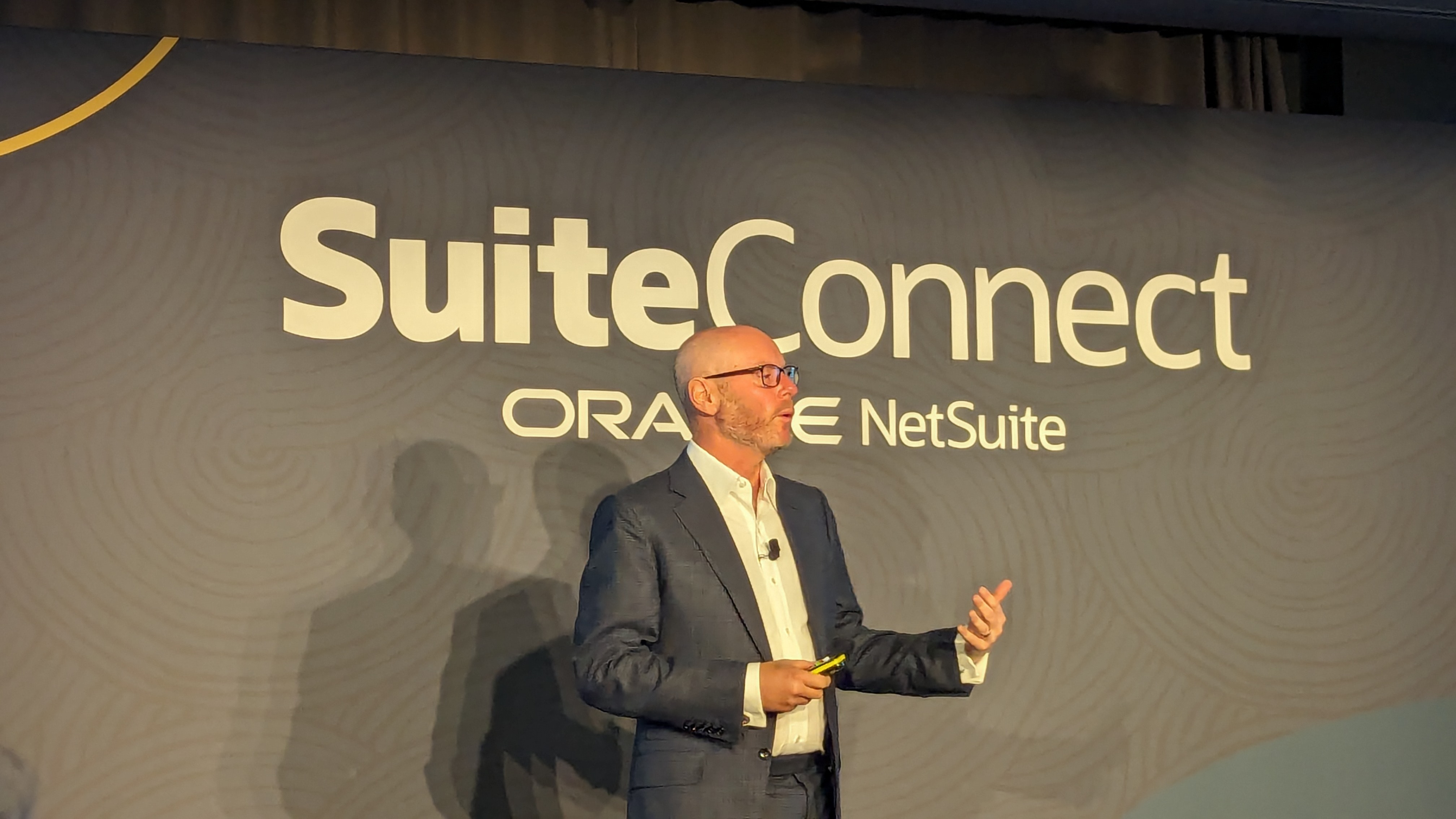 NetSuite doubles down on localized AI with UK, EMEA product launches
NetSuite doubles down on localized AI with UK, EMEA product launchesNews Regional product launches aim to address struggles with ESG reporting and surface more data insights for NetSuite’s EMEA customers
-
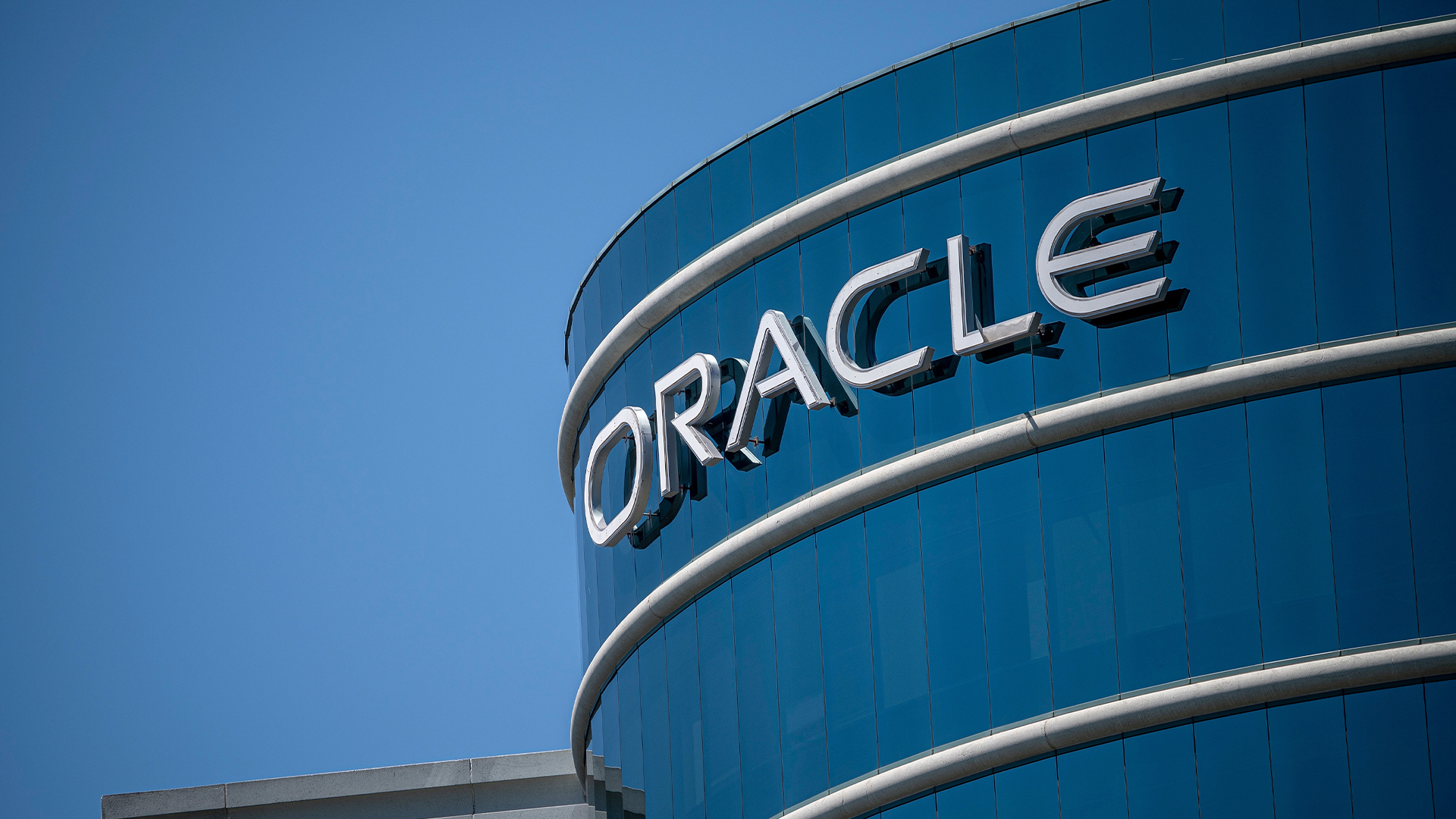 Oracle ditches the hype for a straight talking generative AI approach
Oracle ditches the hype for a straight talking generative AI approachAnalysis Oracle knows it has to box clever in the generative AI race, and its ambitions rest on delivering tangible enterprise use-cases
-
 IDC MarketScape: Worldwide supply chain Oracle ecosystem services vendor assessment
IDC MarketScape: Worldwide supply chain Oracle ecosystem services vendor assessmentWhitepaper In-depth assessment of IT consulting providers supporting supply chain management processes
